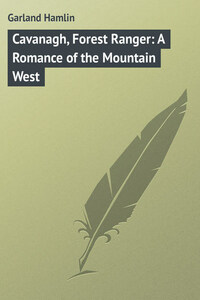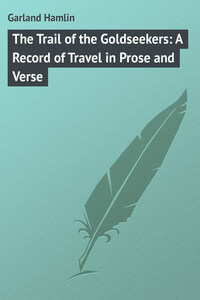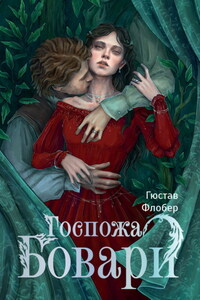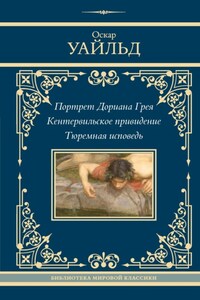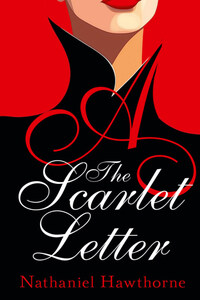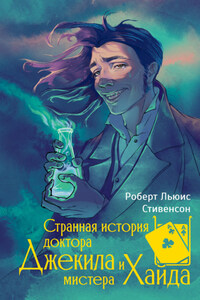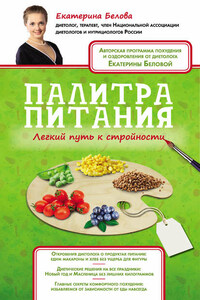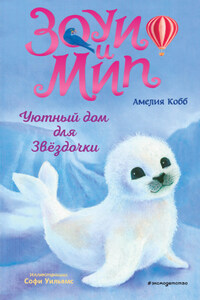Lee Virginia Wetherford began her return journey into the mountain West with exultation. From the moment she opened her car-window that August morning in Nebraska the plain called to her, sustained her illusions. It was all quite as big, as tawny, as she remembered it – fit arena for the epic deeds in which her father had been a leader bold and free.
Her memories of Roaring Fork and its people were childish and romantic. She recalled, vividly, the stagecoach which used to amble sedately, not to say wheezily, from the railway to the Fork and from the Fork back to the railway, in the days when she had ridden away in it a tearful, despairing, long-limbed girl, and fully expected to find it waiting for her at Sulphur City, with old Tom Quentan still as its driver.
The years of absence had been years of growth, and though she had changed from child to woman in these suns and moons, she could not think of the Fork as anything other than the romantic town she had left – a list wherein spurred and steel-girt cow-men strode lamely over uneven sidewalks, or swooped, like the red nomads of the desert, in mad troops through the starlit night.
The first hint of “the new West” came to her by way of the pretentious Hotel Alma, which stood opposite the station at Sulphur, and to which she was led by a colored porter of most elaborate and kindly manners.
This house, which furnished an excellent dinner and an absorbing mixture of types both American and European, was vaguely disturbing to her. It was plainly not of the old-time West – the West her father had dominated in the days “before the invasion.” It was, indeed, distinctly built for the tourist trade, and was filled with all that might indicate the comfortable nearness of big game and good fishing.
Upon inquiry as to the stage, she was amazed to hear that an automobile now made the journey to the Fork in five hours, and that it left immediately after the midday meal.
This was still more disconcerting than the hotel, but the closer she came to the ride, the more resigned she became, for she began to relive the long hours of torture on the trip outward, during which she had endured clouds of dust and blazing heat. There were some disadvantages in the old stage, romantic as her conception of it had been. Furthermore, the coach had gone; so she made application for her seat at once.
At two o’clock, as the car came to the door, she entered it with a sense of having stepped from one invading chariot of progress to another, so big and shining and up to date was its glittering body, shining with brass and glowing with brave red paint. It was driven, also, by a small, lean young fellow, whom the cowboys on her father’s ranch would have called a “lunger,” so thin and small were his hands and arms. He was quite as far from old Tom Quentan as the car was from the coach on which he used to perch.
The owner of the machine, perceiving under Virginia’s veil a girl’s pretty face, motioned her to the seat with the driver, and rode beside her for a few minutes (standing on the foot-board), to inquire if she were visiting friends in the Fork.
“Yes,” she replied, curtly, “I am.”
Something in her tone discouraged him from further inquiry, and he soon dropped away.
The seats were apparently quite filled with men, when at the last moment a middle-aged woman, with a penetrating, nasal, drawling utterance, inquired if she were expected to be “squoze in betwixt them two strange men on that there back seat.”
Lee Virginia turned, and was about to greet the woman as an old acquaintance when something bold and vulgar in the complaining vixen’s face checked the impulse.
The stage-agent called her “Miss McBride,” and with exaggerated courtesy explained that travel was heavy, and that he had not known that she was intending to go.
One of the men, a slender young fellow, moved to the middle of the seat, and politely said, “You can sit on the outside, madam.”
She clambered in with doleful clamor. “Well, I never rode in one of these pesky things before, and if you git me safe down to the Fork I’ll promise never to jump the brute another time.”
A chuckle went ’round the car; but it soon died out, for the new-comer scarcely left off talking for the next three hours, and Virginia was very glad she had not claimed acquaintanceship.
As they whirled madly down the valley the girl was astonished at the transformation in the hot, dry land. Wire fences ran here and there, enclosing fields of alfalfa and wheat where once only the sage-brush and the grease-wood grew. Painted farm-houses shone on the banks of the creeks, and irrigating ditches flashed across the road with an air of business and decision.
For the first half-hour it seemed as if the dominion of the cattle-man had ended, but as the swift car drew away from the valley of the Bear and climbed the divide toward the north, the free range was disclosed, with few changes, save in the cattle, which were all of the harmless or hornless variety, appearing tame and spiritless in comparison with the old-time half-wild broad-horn breeds.
